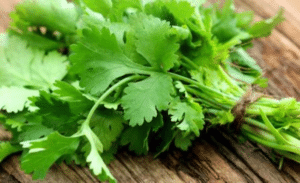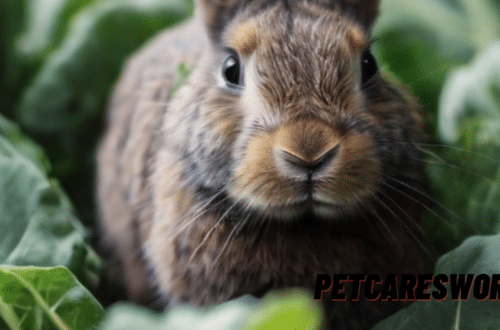Rabbits are known for their love of fresh greens, but can they indulge in the aromatic herb, cilantro? As a responsible pet owner, it’s crucial to understand the dietary needs and potential risks associated with introducing new foods to your rabbit’s diet. In this comprehensive guide, we delve into the topic of whether rabbits can safely consume cilantro, exploring its nutritional benefits, potential health risks, and best practices for incorporating it into your rabbit’s diet.
Understanding the Dietary Needs of Rabbits
Before introducing any new food to your rabbit’s diet, it’s essential to understand their natural dietary requirements. Rabbits are herbivores, which means their diet primarily consists of fibrous vegetation such as hay, grass, and leafy greens. These foods provide essential nutrients, including fiber, vitamins, and minerals, which are vital for maintaining optimal health and digestive function in rabbits.
The Nutritional Benefits of Cilantro for Rabbits
Cilantro, also known as coriander in some regions, is a flavorful herb commonly used in culinary dishes around the world. From a nutritional standpoint, cilantro offers a variety of vitamins and minerals that can complement a rabbit’s diet when given in moderation. Some of the key nutrients found in cilantro include:
1. Vitamins:
- Vitamin A: Crucial for maintaining healthy vision and immune function.
- Vitamin K: Plays a role in blood clotting and bone health.
2. Minerals:
- Potassium: Important for maintaining electrolyte balance and heart function.
- Calcium: Essential for bone health and muscle function.
Potential Risks of Feeding Cilantro to Rabbits

While cilantro can offer nutritional benefits, it’s essential to be aware of potential risks associated with feeding this herb to rabbits. One concern is the presence of certain compounds, such as oxalates, which may contribute to the formation of urinary stones in some rabbits, especially those prone to urinary issues. Additionally, rabbits may have individual sensitivities or allergies to cilantro, which could lead to digestive upset or other health issues.
Best Practices for Introducing Cilantro to Your Rabbit’s Diet
If you’re considering adding cilantro to your rabbit’s diet, it’s crucial to do so gradually and in moderation. Follow these best practices to ensure a safe and positive experience for your furry friend:
1. Start Slowly:
- Introduce small amounts of cilantro initially to gauge your rabbit’s reaction and tolerance.
- Monitor your rabbit for any signs of digestive upset or allergic reactions, such as diarrhea or lethargy.
2. Offer Variety:
- Rotate cilantro with other rabbit-safe greens and herbs to provide a diverse and balanced diet.
- Aim for a variety of textures and flavors to keep your rabbit stimulated and interested in their food.
3. Wash Thoroughly:
- Before serving cilantro to your rabbit, ensure it is thoroughly washed to remove any potential pesticides or contaminants.
- Opt for organic cilantro whenever possible to minimize exposure to harmful chemicals.
4. Monitor Hydration:
- Ensure your rabbit has access to fresh, clean water at all times, especially when introducing new foods to their diet.
- Hydration is essential for maintaining healthy digestion and overall well-being in rabbits.
Conclusion
In conclusion, while cilantro can offer nutritional benefits for rabbits, it’s essential to proceed with caution and moderation. By understanding your rabbit’s dietary needs and potential sensitivities, you can safely incorporate cilantro into their diet as a flavorful and nutritious treat. Remember to observe your rabbit’s response to cilantro and consult with a veterinarian if you have any concerns about their health or dietary requirements. With proper care and attention, you can provide your rabbit with a well-rounded diet that supports their overall health and happiness.






